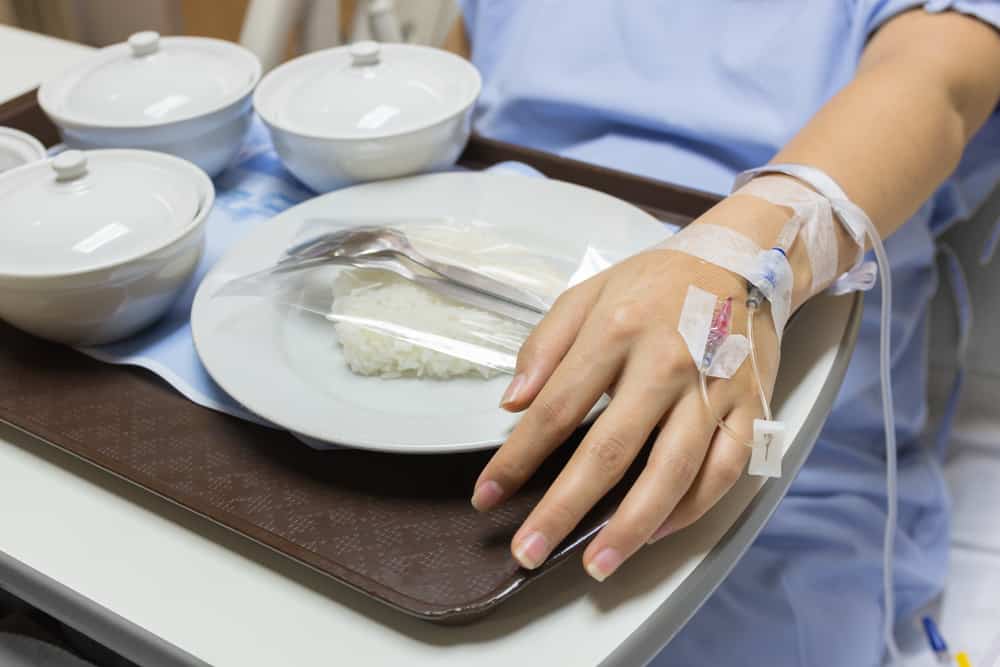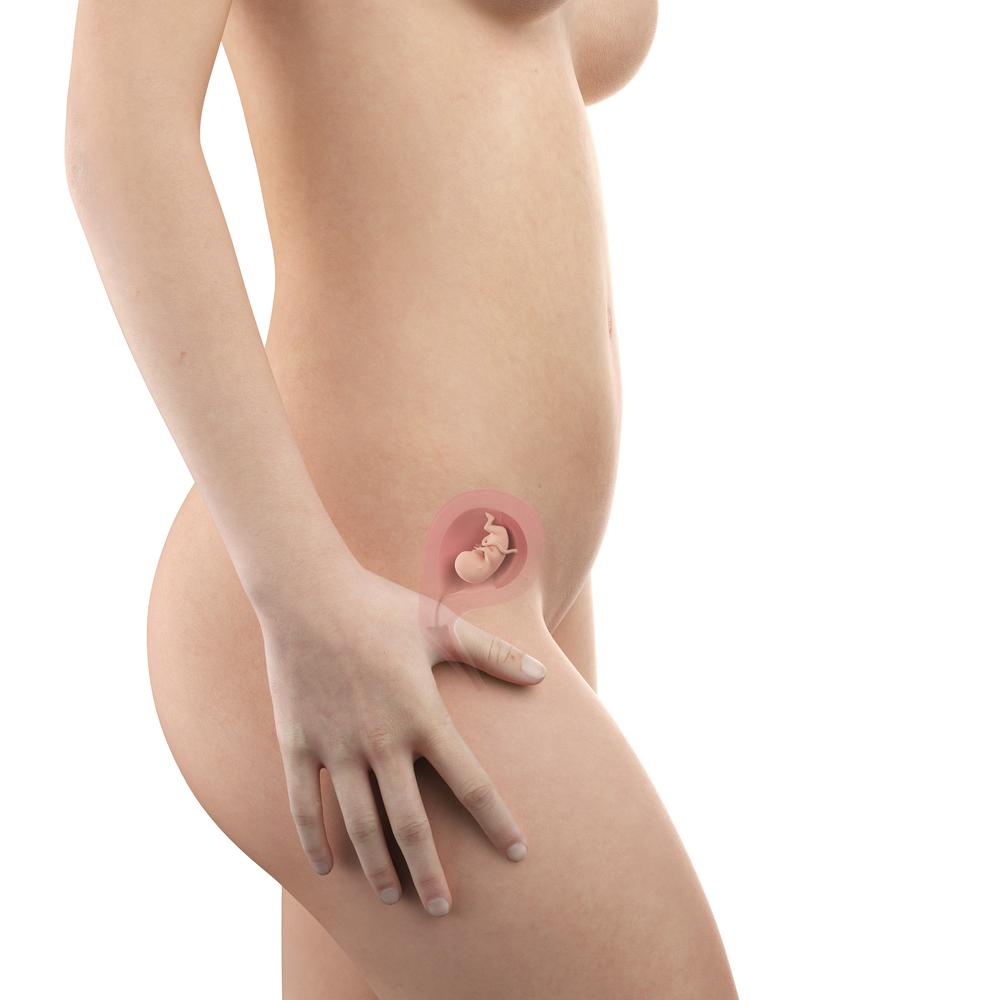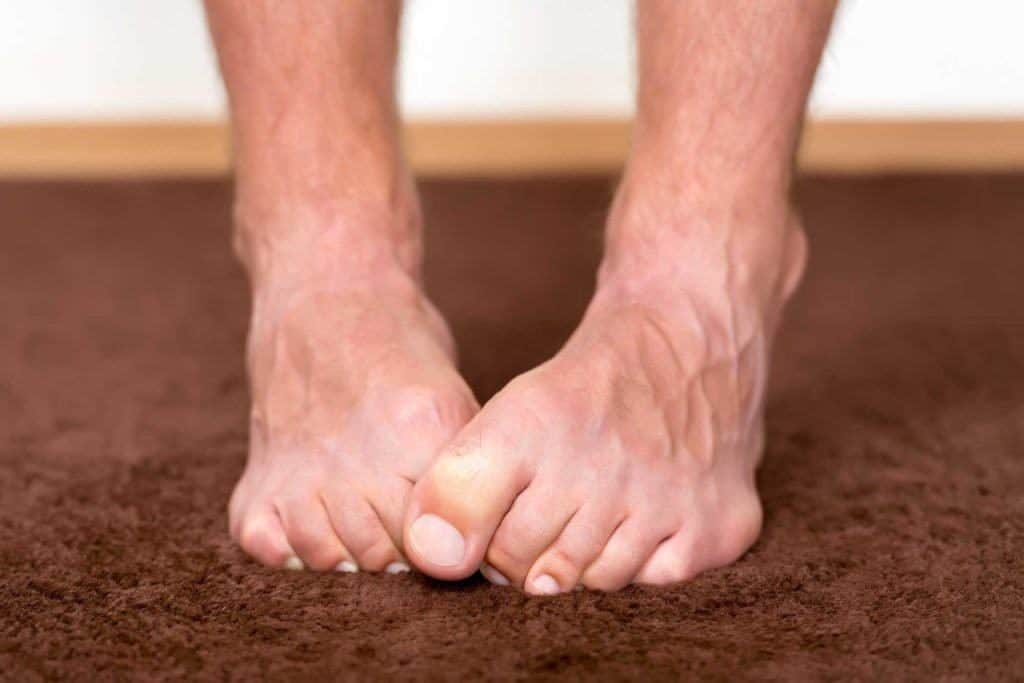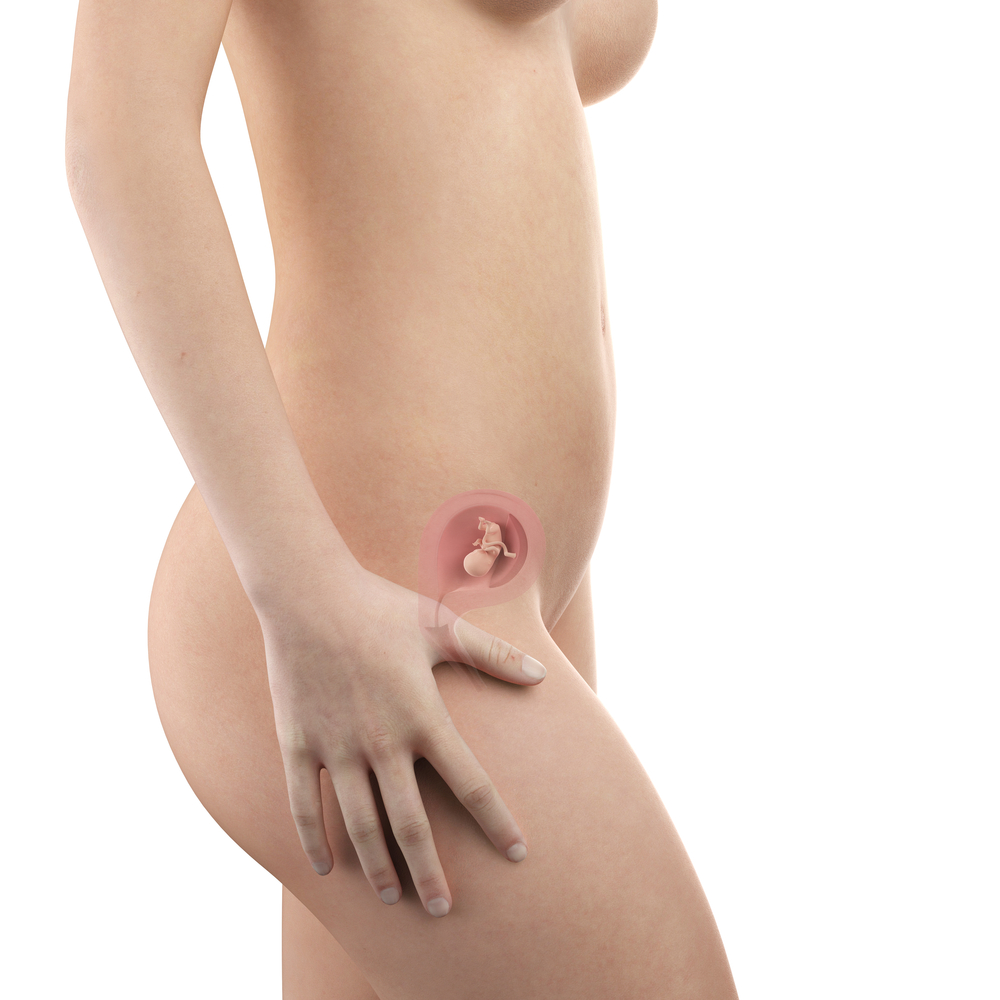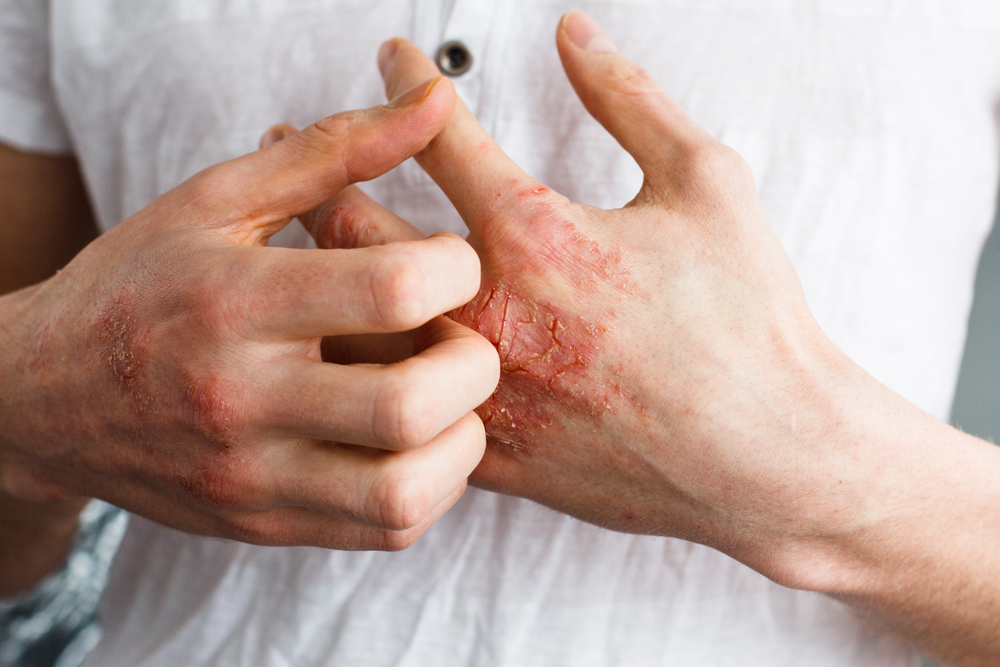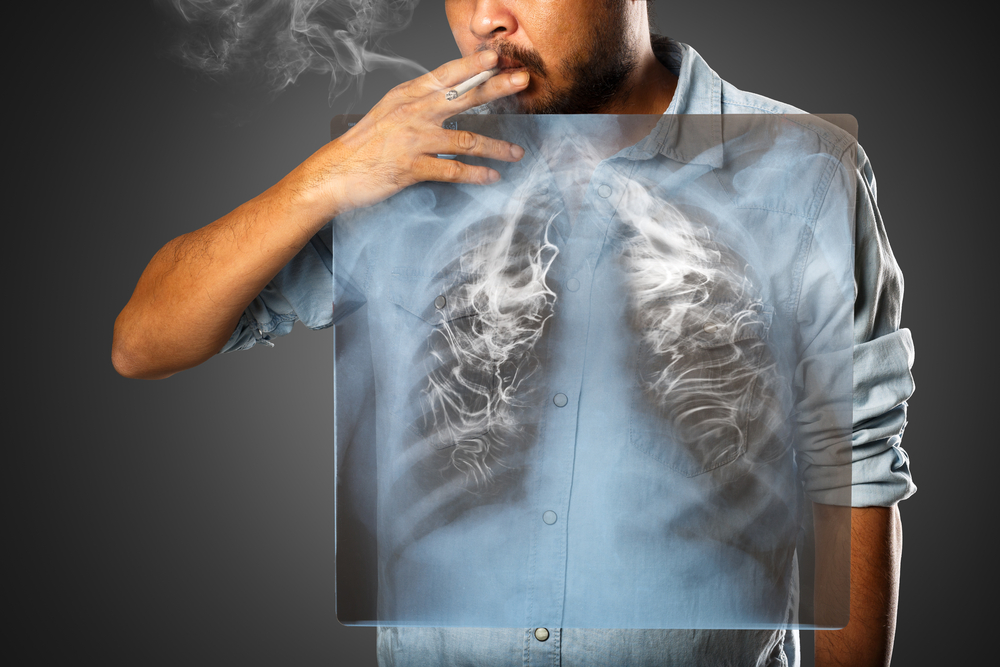Contents:
- Medical Video: HIV / AIDS and Pregnancy - What You Need To Know
- How can someone get HIV?
- Tips to safely treat HIV patients
- Prevent infection
- Use a plastic bag
- Be careful of syringes
- Cleanse body fluids
Medical Video: HIV / AIDS and Pregnancy - What You Need To Know
Although there are rarely events where you can get HIV infection because you treat patients with the disease, it is not excessive if you pay attention to ways to avoid transmission. To prevent even rare events, you must follow some safety tips when treating HIV patients.
How can someone get HIV?
HIV is human immunodeficiency virus which causes AIDS or acquired immunodeficiency syndrome. To find out how HIV is transmitted, you must understand the concept of what body fluids can transmit, and what body fluids do not. Body fluids that can transmit HIV include blood, vaginal fluids, saliva (unproven), while other body fluids that cannot transmit HIV are tears, sweat, vomit, urine, and feces. However, you still have to be careful of both types of liquid.
In addition, open sores or sores, mucous membranes (moist areas on the skin such as the mouth, vagina and eyes), and even small cracks on the skin that you cannot even see are also environments that can be affected by the HIV virus.
Tips to safely treat HIV patients
Prevent infection
When you have to carry out a treatment task that is in contact with blood or body fluids from an HIV patient, you must protect yourself by wearing vinyl or latex gloves and covering any scratches, sores or incisions on your exposed skin. Likewise, even though you cannot get infected through body products, it is still important to wear rubber gloves when cleaning urine, feces or vomit, to avoid infection by other germs. Especially, when you clean the wound, take precautionary measures and always wear gloves.
You also have to take care of your personal belongings. Don't share a razor or other sharp object with an HIV patient because the blood in the item will transmit the HIV virus to you.
Use a plastic bag
Similarly, wearing rubber gloves, you must use a plastic bag to hold all objects exposed to blood, sperm, or vaginal fluids and also keep other items from being exposed. Make sure you cover the bag carefully before placing it in the trash container. You must comply with regulations regarding the handling of HIV patient waste under the guidance of a doctor or local health department to protect the safety of all people.
Be careful of syringes
When people who have HIV inject drugs or have to test their own blood (for diabetes), nurses must be offended by syringes or lancets. In this case, handle the syringe or lancet carefully to avoid piercing yourself, and remember not to use your hands directly when putting the lid back on the syringe. Hold the injector on the barrel and place it in a puncture-resistant container.
Cleanse body fluids
Of course, leaving blood stains on the surface of certain materials is also a contributing factor to HIV infection. Clean the surface immediately after being exposed to blood or body fluids such as sperm, vaginal fluids, etc. Always apply safety measures when cleaning. With this, you can kill the virus on the surface and reduce your risk of infection.
Caring for HIV patients means putting you at some risk. However, you can prevent that risk from happening by understanding when you can get an infection and how to get rid of things that can make you infected, so you can protect yourself well when treating HIV patients.
Hello Health Group does not provide medical advice, diagnosis or treatment.

